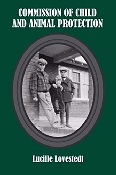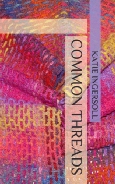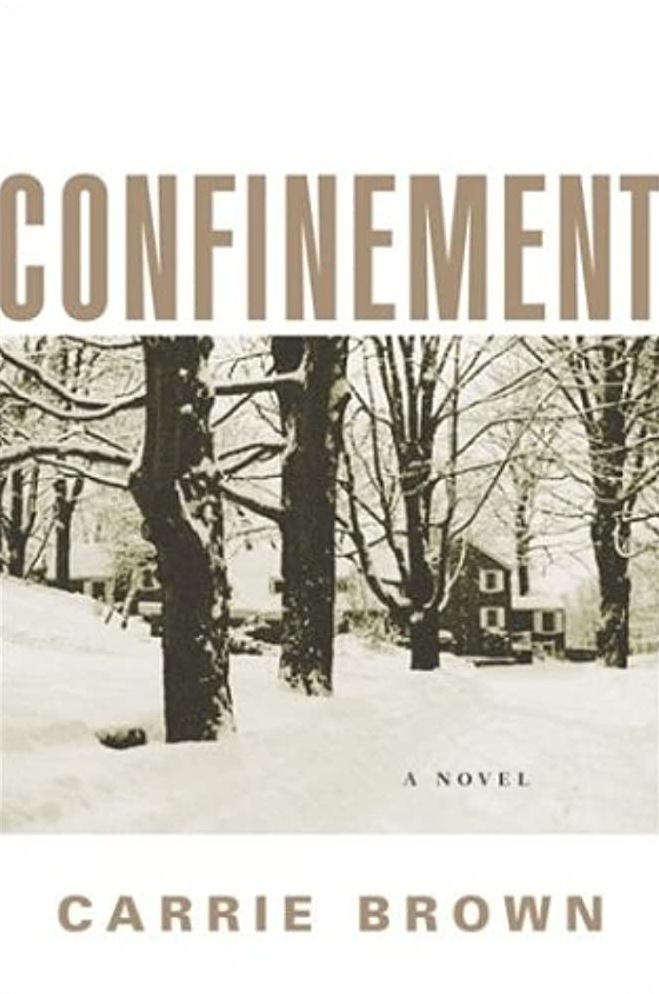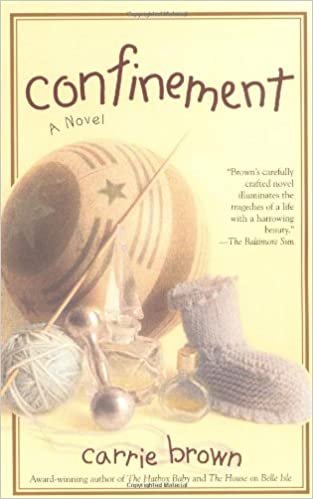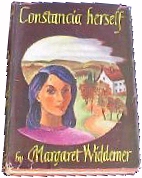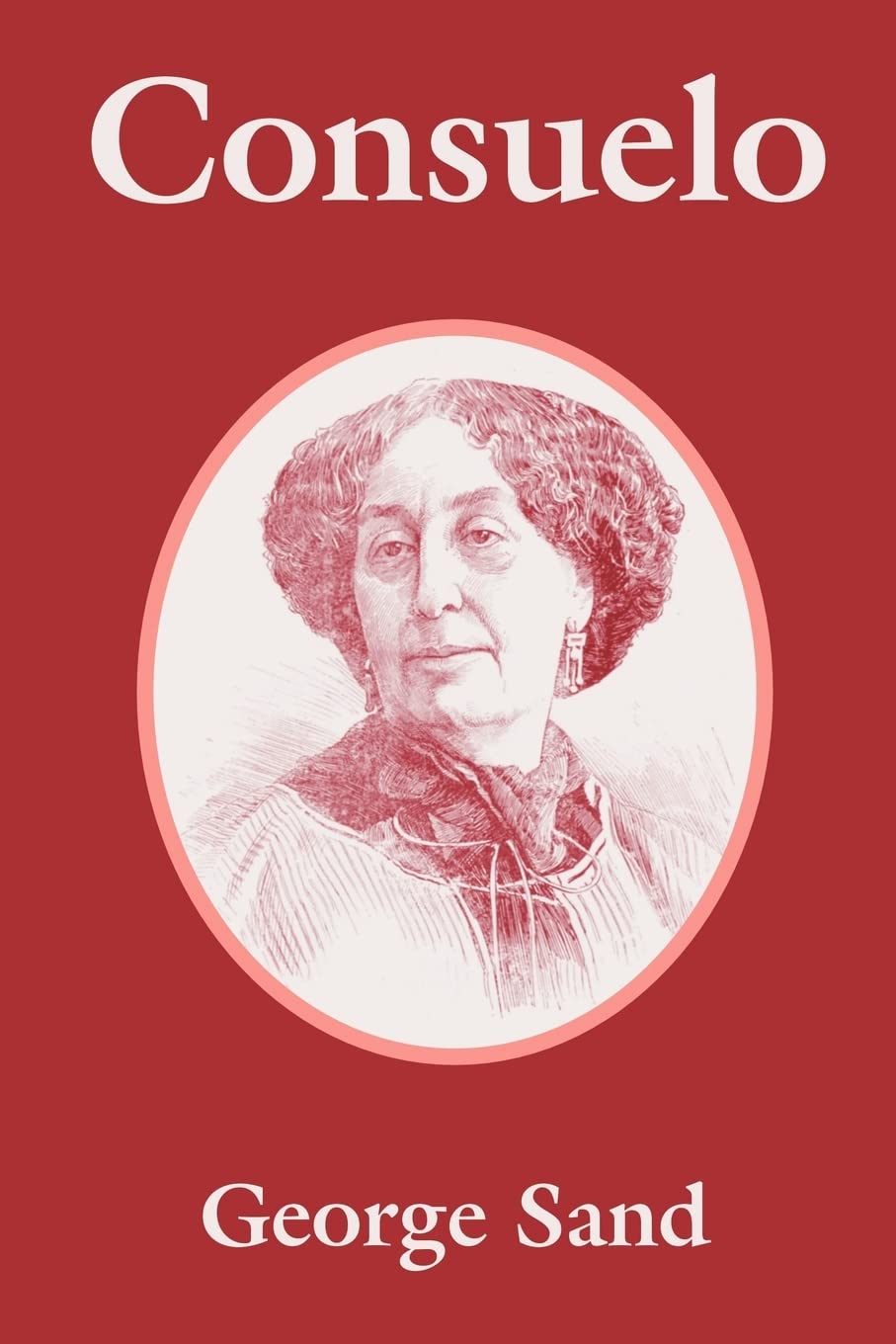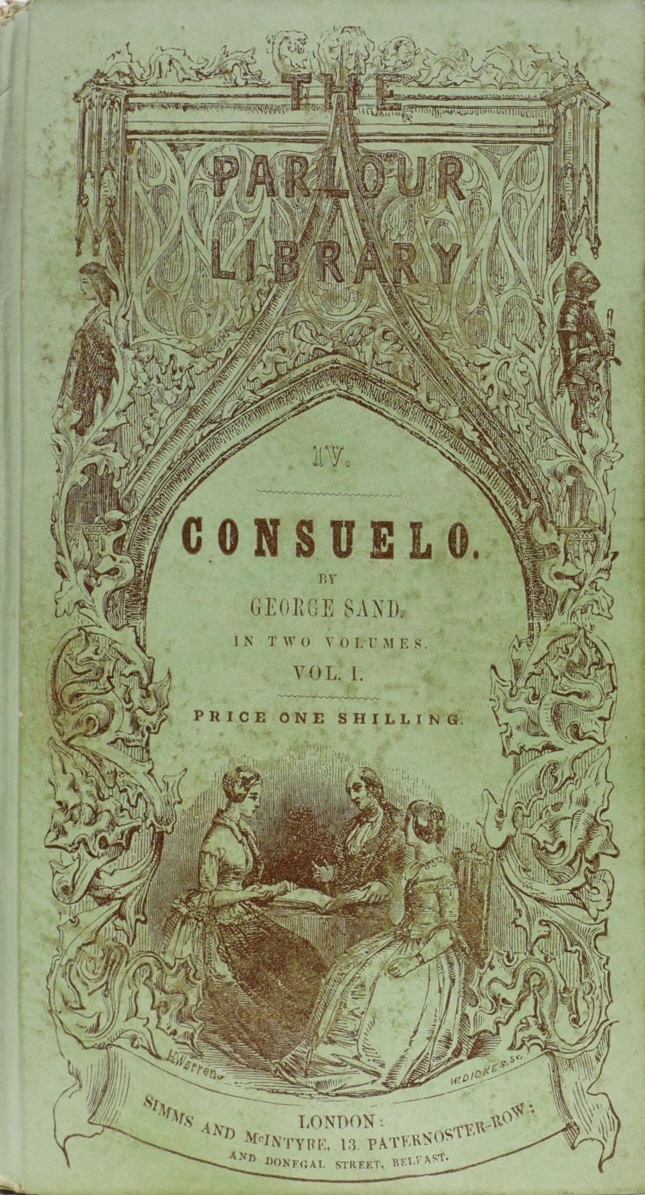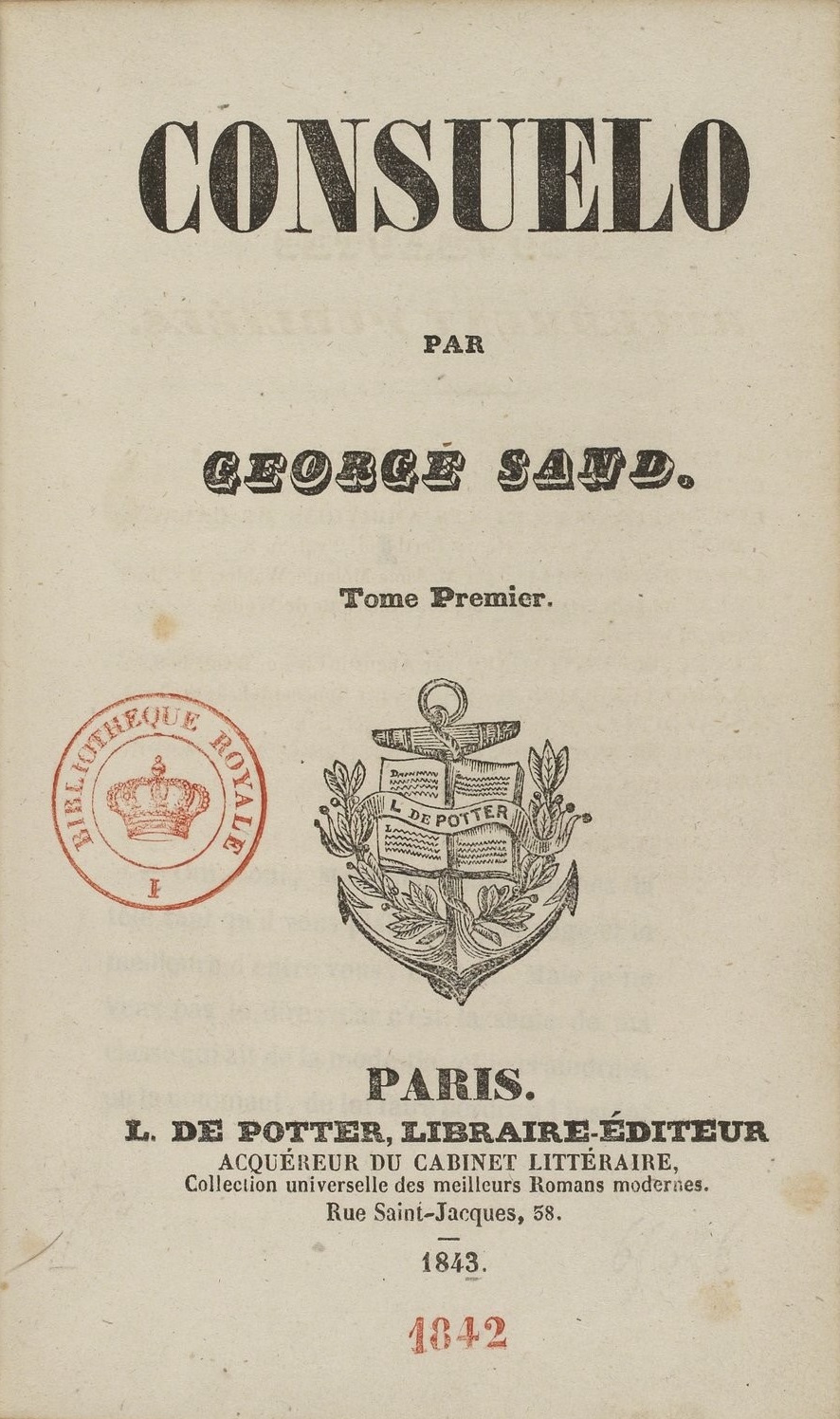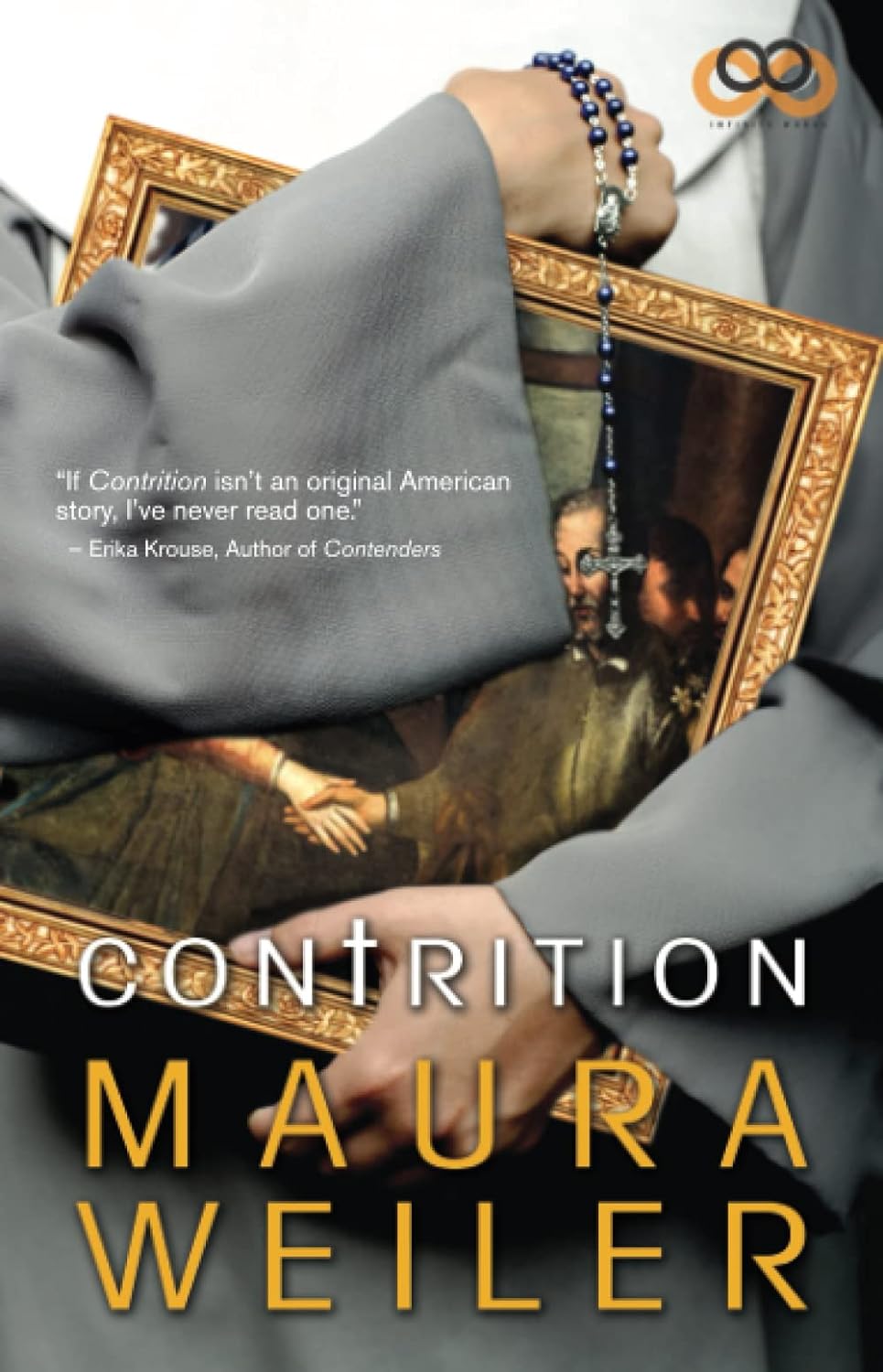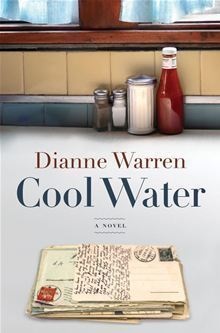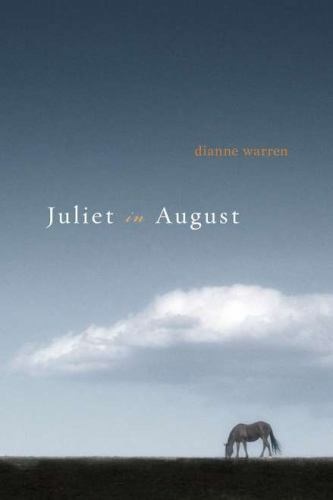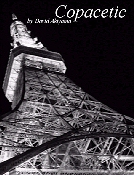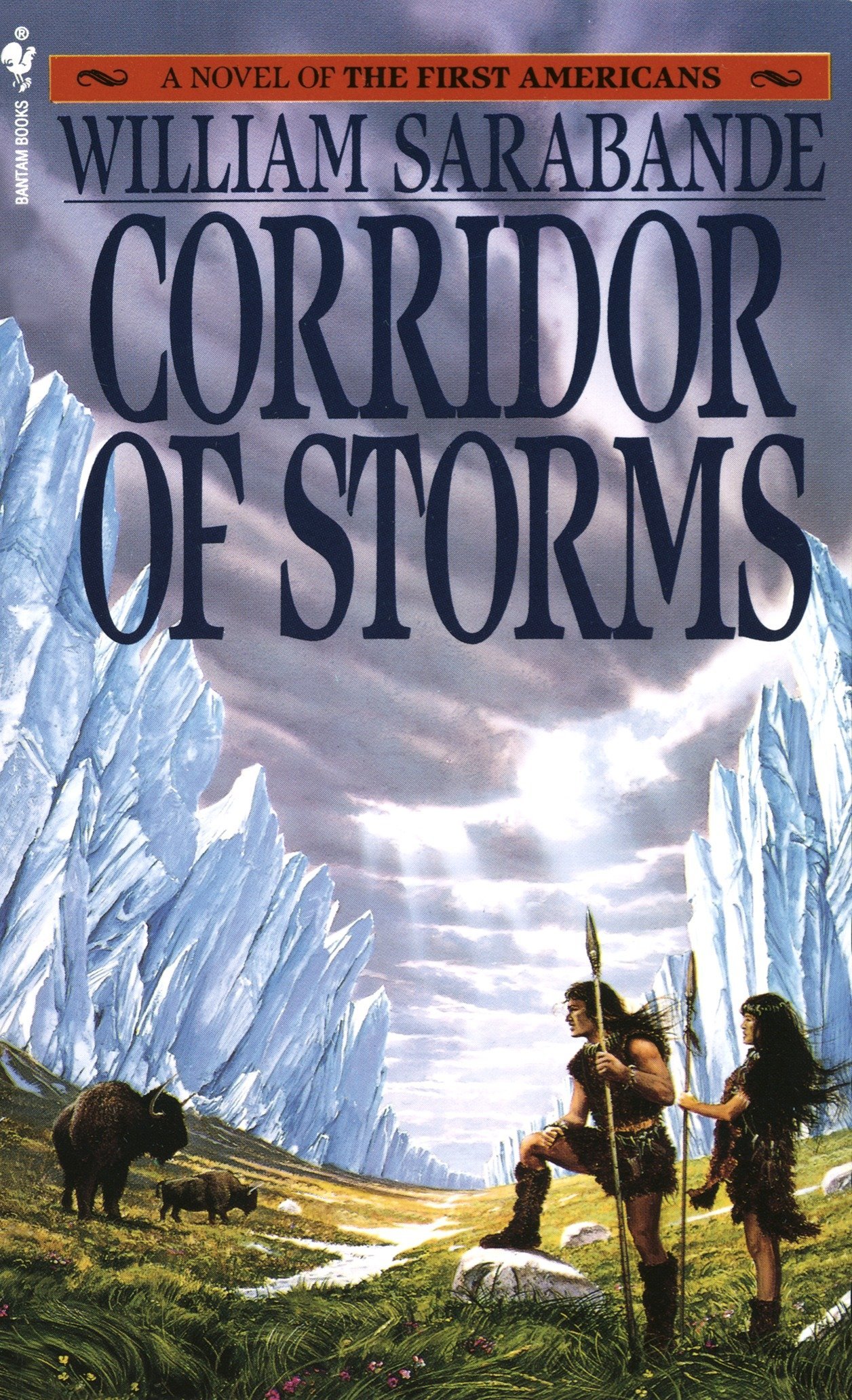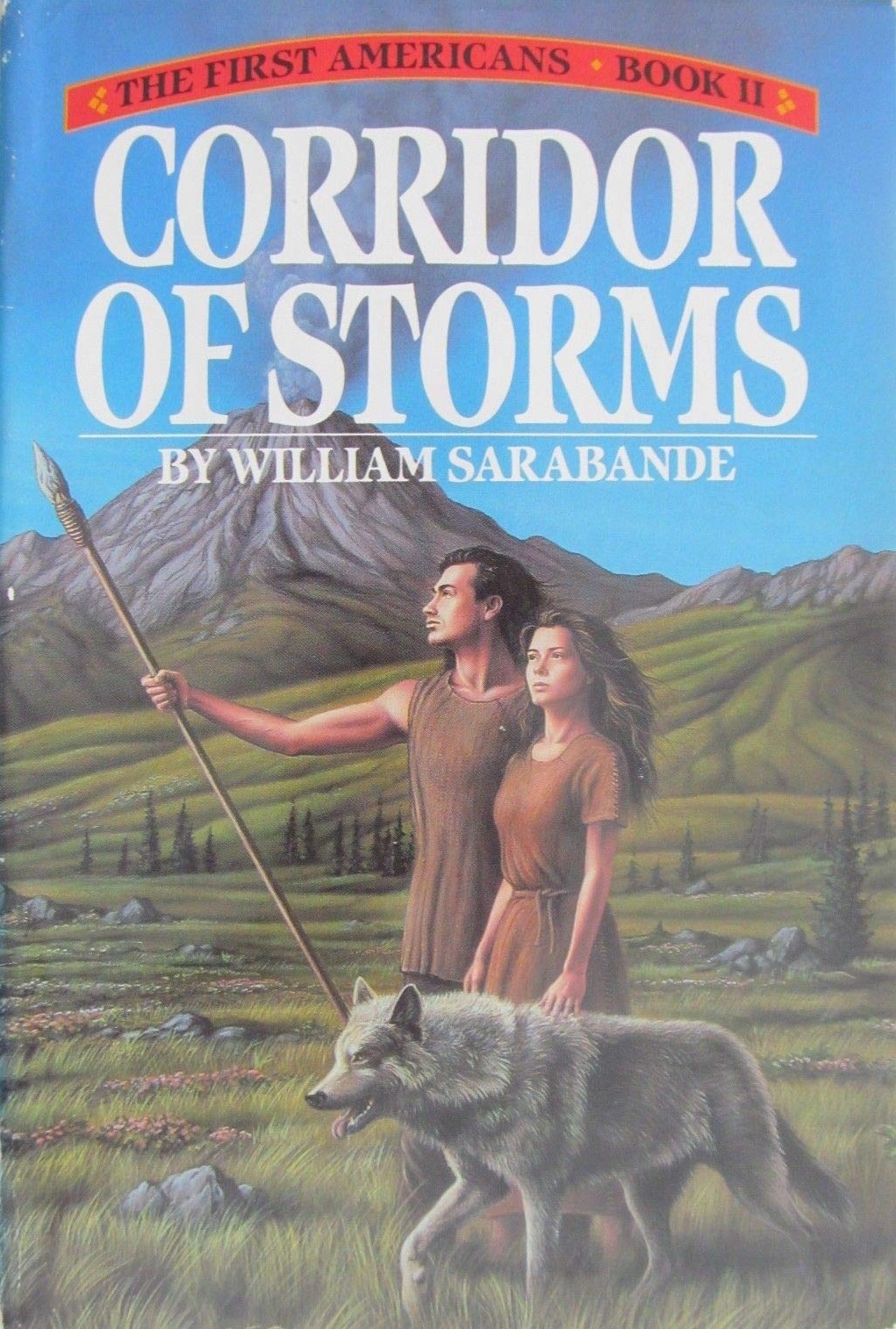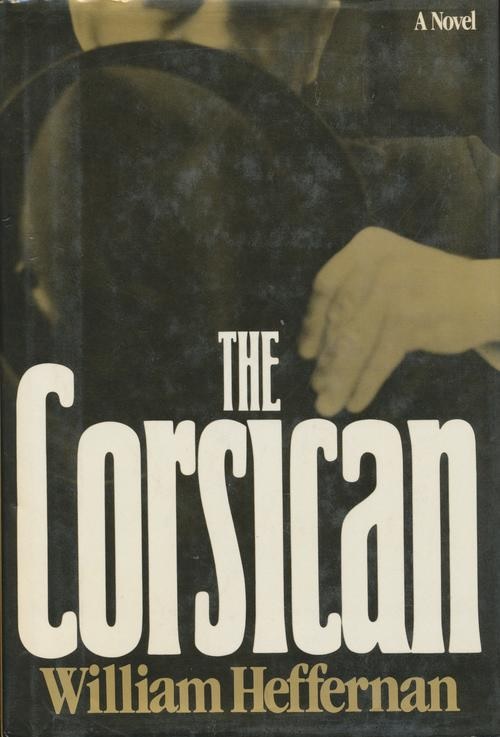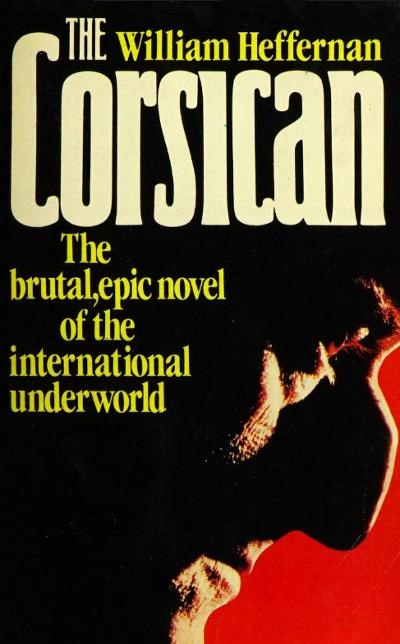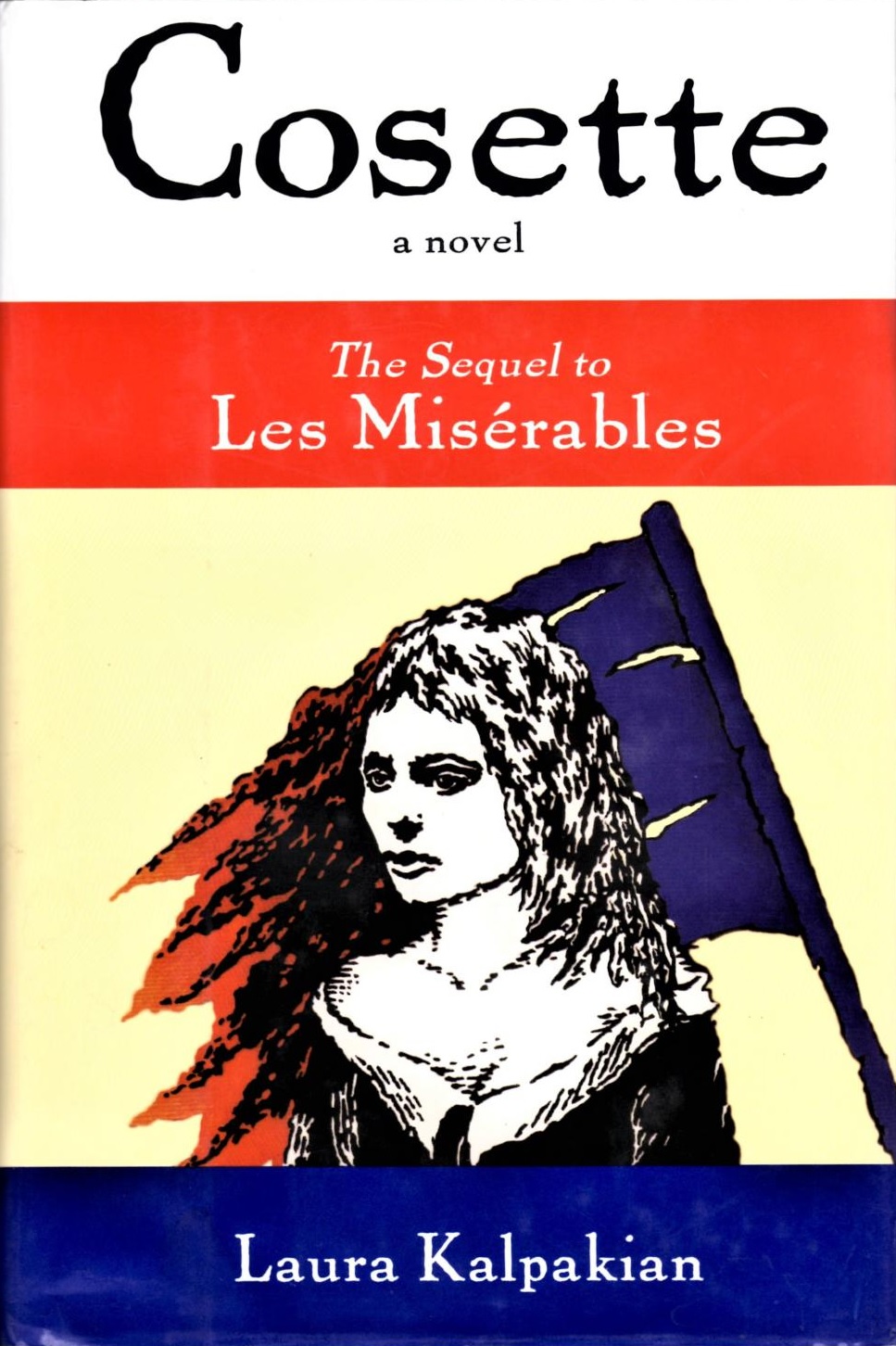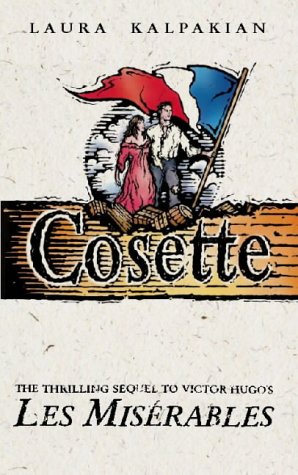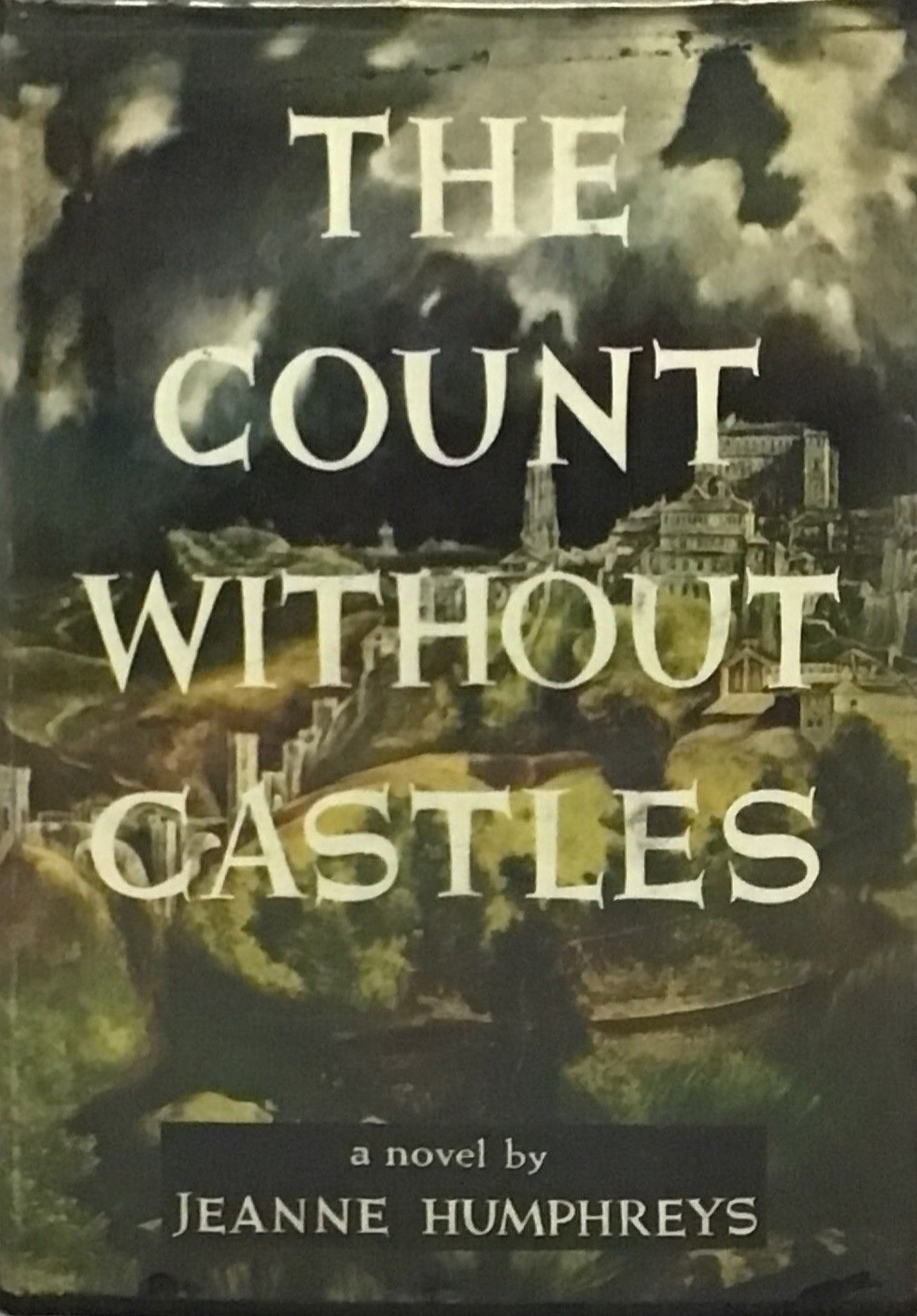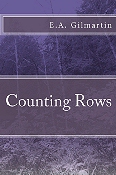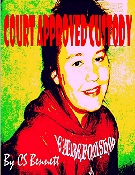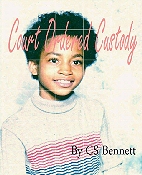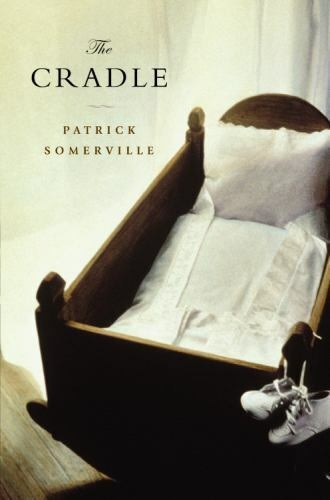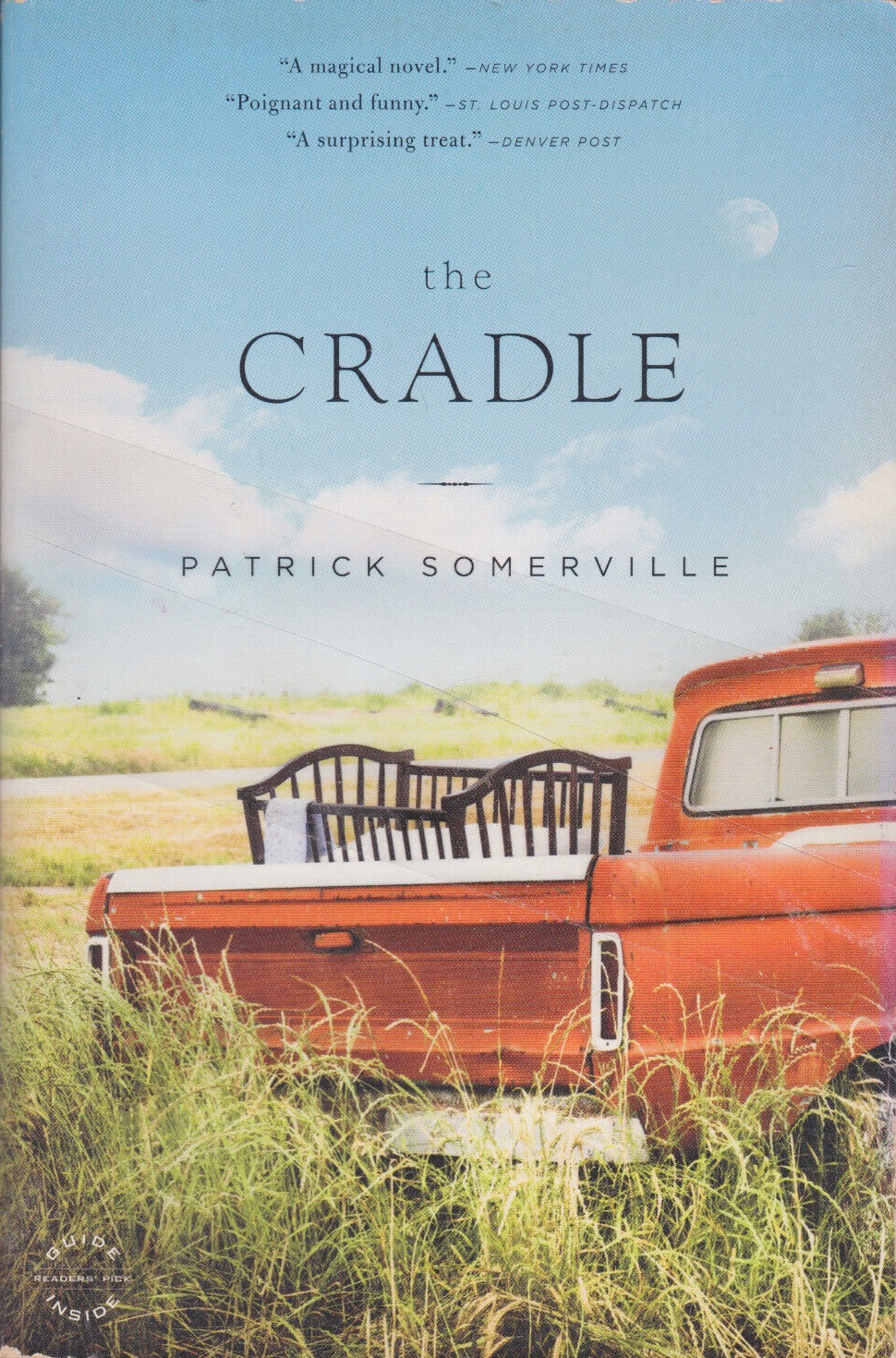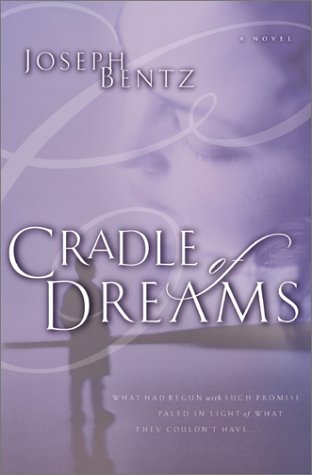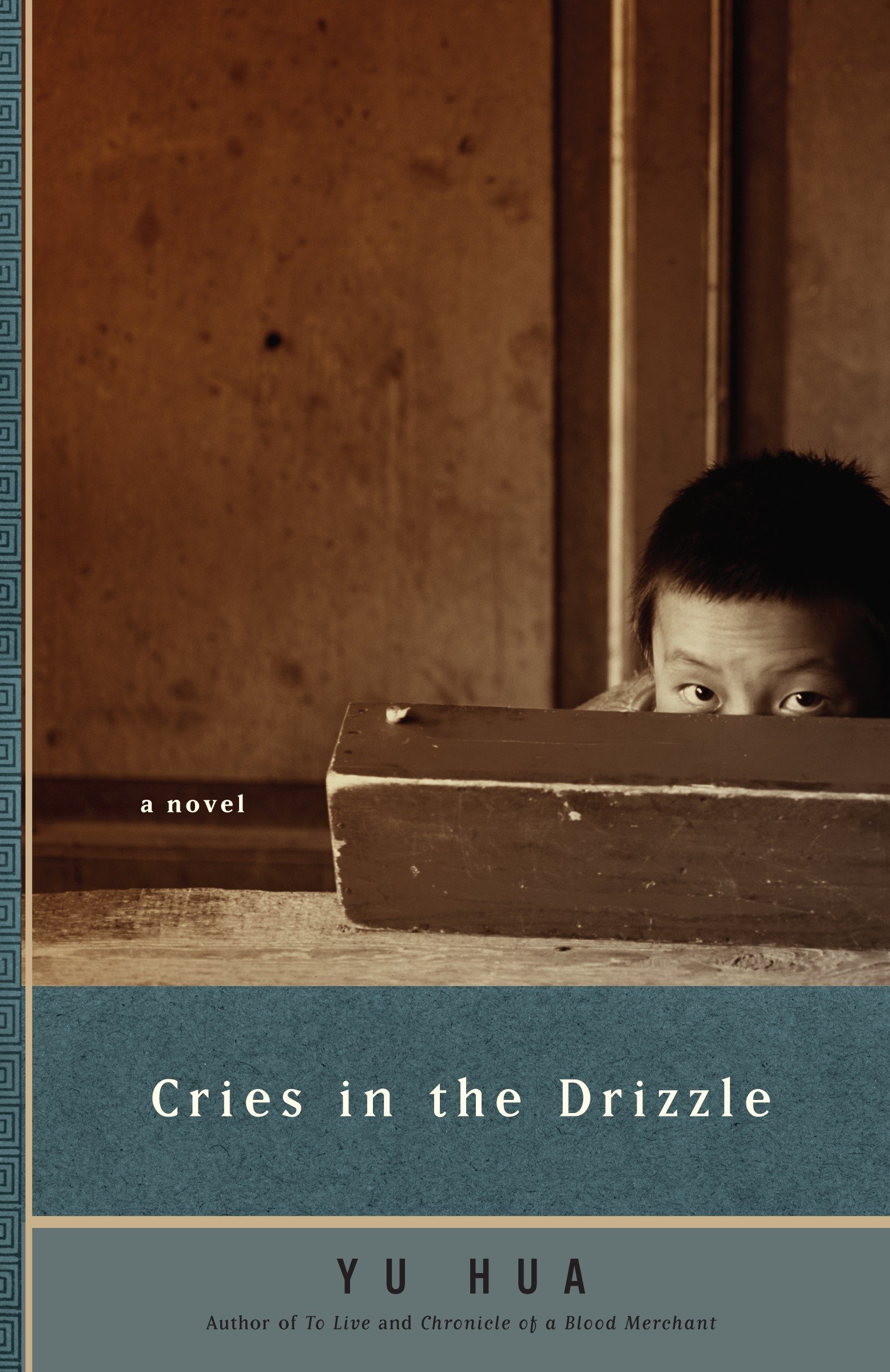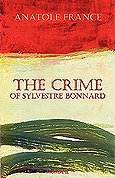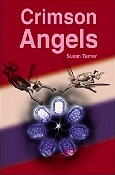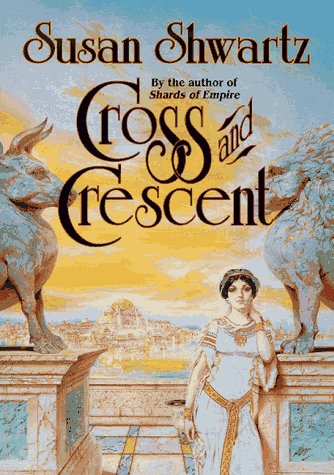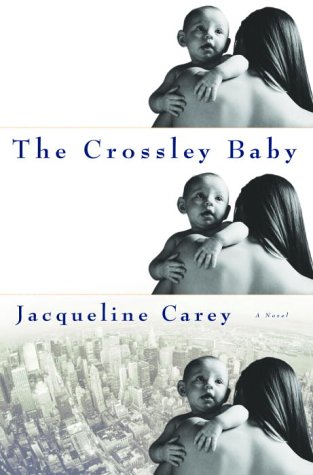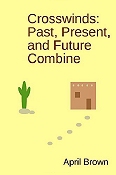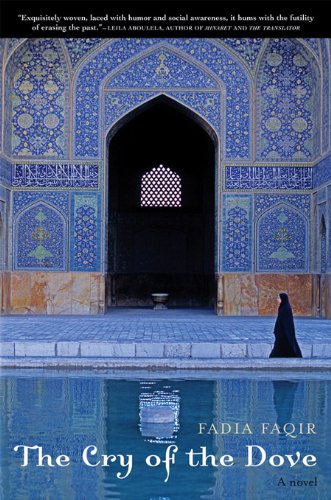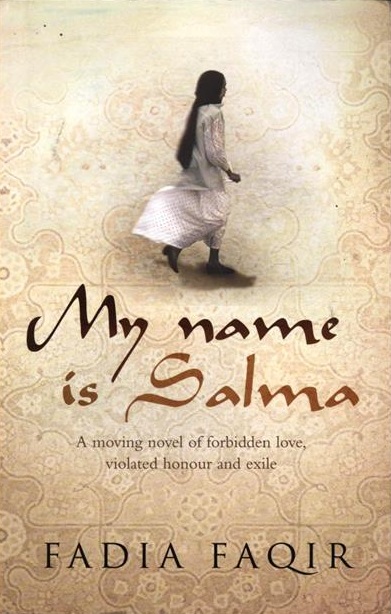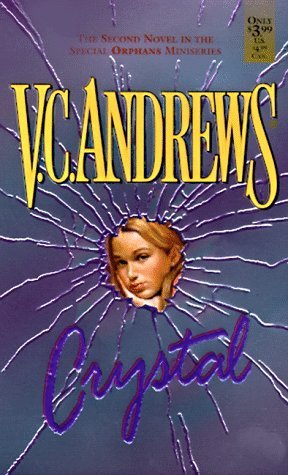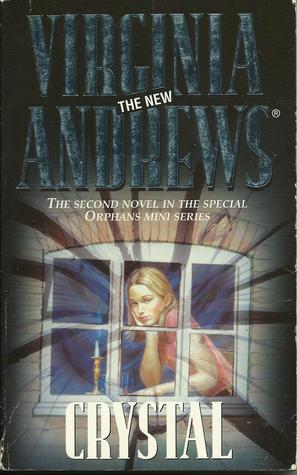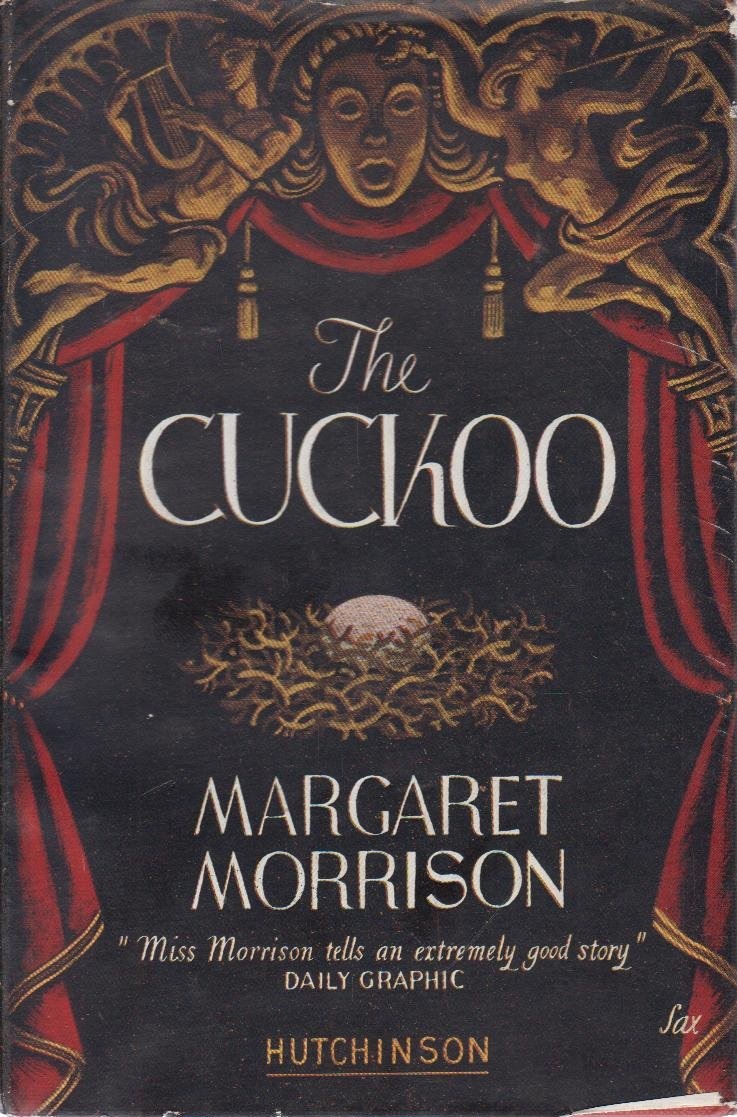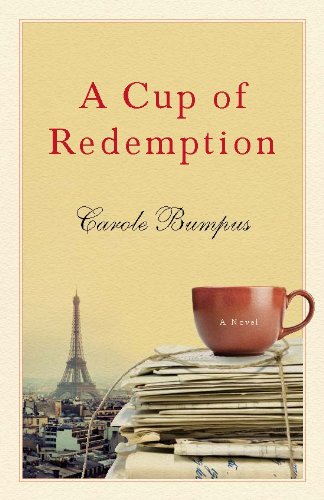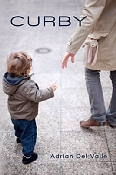 |
|
 |
Since he lost his wife in a tragic accident, Dr. Brad Williams has felt his life spiraling out of control. His five daughters are growing up and away from him, and he can only watch helplessly. Some days the only thing that keeps him going is the knowledge that one day he will see his beloved wife again. Then one night, he meets Dr. Susan MacKendrick.
With her latest novel, Coming Home, best-selling author Jennie Hansen once again creates an intriguing drama for every woman who still believes in love.
About the Author: Jennie Hansen attended Ricks College and graduated from Westminster College in Salt Lake City, Utah. She has been a newspaper reporter, editor, and librarian, and is presently a circulation specialist for the Salt Lake City library system.
Her church service has included teaching in all auxiliaries and serving in stake and ward Primary presidencies. She has also served as a stake public affairs coordinator and ward chorister. Currently she is the education counselor in her ward Relief Society.
Jennie and her husband, Boyd, live in Salt Lake City. They are the parents of four daughters and a son.
Coming Home is Jennie’s sixth novel for the LDS market. In addition to the two previous books in this series, Run Away Home and Journey Home, she has written When Tomorrow Comes, Macady, and Some Sweet Day.
By the Same Author: Abandoned (2002), among others.
